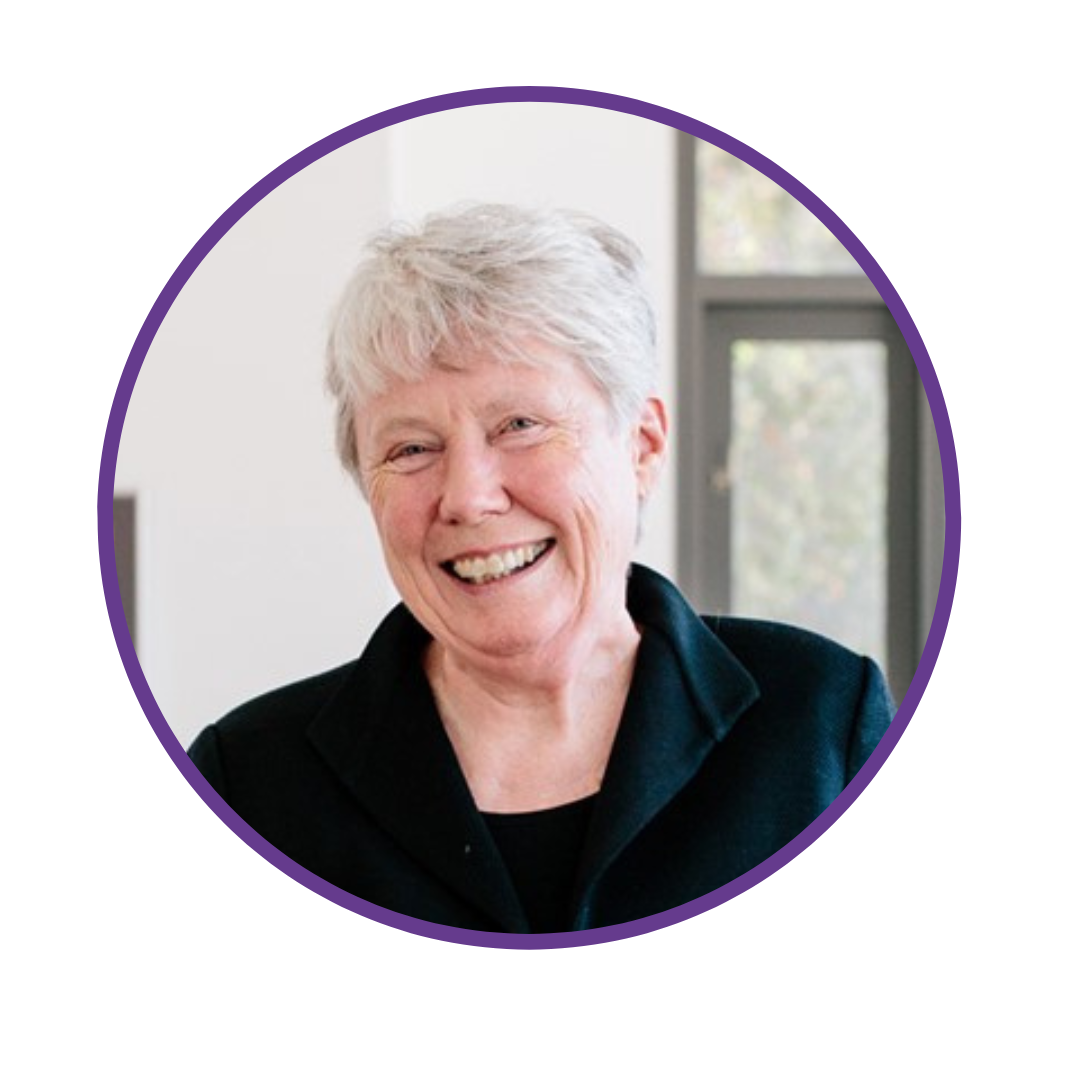
Women in tech have played crucial roles in shaping the landscape of computer science, contributing groundbreaking research, and inspiring future generations. When naming the notable figures in this field, one may bear in mind several exceptional women who have not only made significant contributions to technology but have also taken up the roles of educators, gifting their knowledge and passion to students. From pioneering algorithms to leading educational institutions, these tech geniuses and teachers have left a visible mark on the intersection of technology and education, setting an example for inclusivity and diversity within the tech community.
Learn more about the input of outstanding women in technology and education and exploit their example of ambition and resilience as inspiration to deal with your educational challenges together with Pro-Papers or on your own.

Maria Klawe
Maria Klawe is a Computer Scientist and Mathematician. She is the President of Harvey Mudd College, a liberal arts college specializing in science, engineering, and mathematics.
As a teacher, Maria prioritizes project-based learning, promoting collaboration and problem-solving skills among students. Klawe has been a prominent advocate for diversity and inclusion in STEM fields, particularly encouraging more women to pursue careers in technology.
She has served on various boards and received numerous awards for her input to education and computer science for both in-field development and social positions.

Fei-Fei Li
Fei-Fei Li is a Computer Scientist known for her work in artificial intelligence (AI) and computer vision. Her research and mentorship focus on computer vision, machine learning, and cognitive neuroscience.
She was the director of the Stanford Artificial Intelligence Lab. Within her activity in the Lab, Fei-Fei made a vast contribution to the development of innovative courses in artificial intelligence and computer vision.
Li co-founded AI4ALL, a nonprofit organization dedicated to increasing diversity and inclusion in artificial intelligence. She has been incorporating the notion of ethics in the use and development of AI.

Barbara Liskov
Barbara Liskov is a pioneering Computer Scientist and Professor at the Massachusetts Institute of Technology (MIT).
As a professor, she has mentored numerous graduates and researchers in their work and achievements. Barabara prioritizes a collaborative and intellectually stimulating environment for students to develop their knowledge and skills and rocket success in the field.
She is known for her groundbreaking work in programming languages, particularly developing the Liskov Substitution Principle. Her research and achievements have impacted the curriculum in the field with Barbata both as educator and advisor for other teachers to develop the educational sphere on the research subject.
Liskov was awarded the Turing Award in 2008, becoming the first woman to receive this prestigious honor.

Shafi Goldwasse
Shafi Goldwasser is a Computer Scientist and Professor at MIT. She has mentored students in their projects and research there.
She has made significant contributions to cryptography and complexity theory. Shafi has always been after making the curriculum in the field more simplified and accessible to students. This is her way of engaging more talented students to study technology and pursue better results at the university and in future careers.
Goldwasser has received numerous awards, including the Turing Award, for her work in the field of theoretical computer science.

Radia Perlman
Radia Perlman is a Software Designer and Network Engineer. She is best known for her invention of the Spanning Tree Protocol (STP), a crucial algorithm for network bridges. Perlman has worked at companies such as Digital Equipment Corporation and Sun Microsystems.
She has been involved in teaching and writing technical books. Radia has taught networking and computer science courses at various institutions. She is known and treasured as a teacher for her passion for making complicated concepts clear and simple and turning the education process into more approachable for students this way. Radia has followed her guiding principle both in active teaching and in compiling educational books and courses.

Daniela Rus
Daniela Rus is a Computer Scientist and Roboticist. Rus's research focuses on robotics, distributed systems, and mobile computing.
She is the Director of the Computer Science and Artificial Intelligence Laboratory (CSAIL) at MIT. In her position, she has mentored numerous researchers and educational projects. She has been involved in shaping the curriculum and research initiatives at CSAIL, ensuring that it reflects the latest advancements in the robotics and artificial intelligence field and fostering an environment that encourages interdisciplinary collaboration.
Rus's mentorship has extended beyond MIT, influencing the broader research community in robotics and artificial intelligence.

Cynthia Breazea
Cynthia Breazeal is a pioneer in social robotics and a Professor at the MIT Media Lab.
She is the founder of the Personal Robots Group at MIT. Cynthia has headed courses on robotics and human-robot interaction there. She emphasizes hands-on projects and experiential learning in her courses, encouraging students to apply theoretical knowledge to practical scenarios.
Breazeal is known for creating the social robot Kismet and has been involved in designing robots that can interact with humans in social and emotional ways. Her input has allowed robotic engineers to create and improve educational robots and human-robot interactions with educational means.

Jeannette Win
Jeannette Wing is a Computer Scientist known for her work in formal methods and cybersecurity. She has held academic positions at Carnegie Mellon University and has worked at Microsoft Research.
Wing has served in leadership roles in both academia and industry, contributing to advancements in computer science and technology policy in education. At Carnegie Mellon, she played a crucial role in advancing research and education in computer science, fostering an environment conducive to cutting-edge research.
Wing has emphasized the importance of computational thinking and its integration into educational curricula at different levels. Her leadership roles have involved shaping the strategic direction of research initiatives and fostering collaboration between academia and industry.

Arati Prabhakar
Arati Prabhakar is a Computer Scientist and Engineer known for her work in both academia and industry. She served as the Director of the Defense Advanced Research Projects Agency (DARPA) and has a background in electrical engineering and computer science.
Prabhakar has been involved in teaching and mentoring throughout her career, sharing her expertise with students and professionals. As the Director of DARPA, she played a pivotal role in guiding research and development projects, contributing to advancements in various technological domains. Prabhakar has spoken at conferences and events, emphasizing the importance of interdisciplinary collaboration and the impact of technology on society.
Conclusion
As the world of technology evolves, the influence of these modern computer science teachers remains a guiding light. Their dedication to education, coupled with groundbreaking contributions to their respective fields, serves as a testament to the profound impact that women continue to have in the tech industry. By highlighting their achievements, we not only celebrate their individual accomplishments but also underscore the importance of fostering diverse perspectives in the ongoing narrative of technological progress. The legacy of these women in tech and education serves as an inspiration for future generations, emphasizing the necessity of inclusivity and equal representation in shaping the future of computer science.

